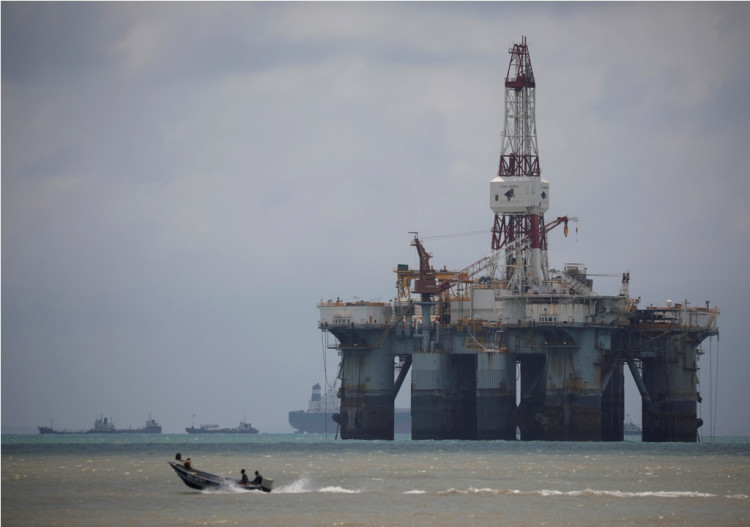Following the declaration that the European Union (EU) is seeking to remove palm oil from its biofuel scheme, Malaysia has called on other ASEAN countries to support its efforts in diplomatically handling the threat.
According to Bernama, the Malaysian Palm Oil Council's Science and Environment Director, Dr. Ruslan Abdullah, said his country should handle the issue in line with diplomatic standards. He said Prime Minister Mahathir bin Mohamad's suggestion of retaliating could backfire.
"The impact will be less significant. But if we work together with other countries, for example, India or Pakistan, we may have a strong wall to compete against the EU," he told the outlet.
Mahathir previously stated that his country is ready to retaliate against the EU if the European Parliament implements the delegated regulation that bans palm oil but allows for other oil-based products to enter the eurozone.
Last year, the French government voted for removing palm oil from the EU state's biofuel plan, threatening the palm oil industries in a number of ASEAN countries, including Malaysia. The issue has since become a topic of debate among industry experts and economists.
In a bid to counter the EU's Renewable Energy Directive II that was received as a discriminatory threat by a number of ASEAN states, Malaysia and Indonesia joined hands in approaching Brussels last week.
According to the New Straits Times, Malaysia's Primary Industries Ministry recently confirmed in a statement that the Council of Palm Oil Producing Countries (CPOPC) headed to Brussels to lodge the two countries' protests against the European Parliament. It is worth noting that Malaysia and Indonesia's collective produce accounts for 60 million tonnes of the world's total palm oil exports.
While other industry experts suggested that rallying with ASEAN nations will help convince the EU to dismiss the palm oil directive, some analysts said it would be best to focus on identifying other markets where palm oil will sell.
PublicInvest Research recommended that Malaysia should search for potential markets that are still developing as a means of curbing the severe impacts of the EU's palm oil threat. The group cited Africa as a potential target market for the country's massive palm oil industry, The Sun Daily reported.
According to the Malaysian research organization, the government can consider Africa given that it continues to grow its population. The group also recommended domestic expansion by mandating the countries local manufacturing and industrial sectors to make use of biofuel produce.
The eurozone declared its palm oil ban as part of the union's scheme of reducing its use of potentially harmful biofuels by 2023 and completely eradicating its use of such products by 2030.





